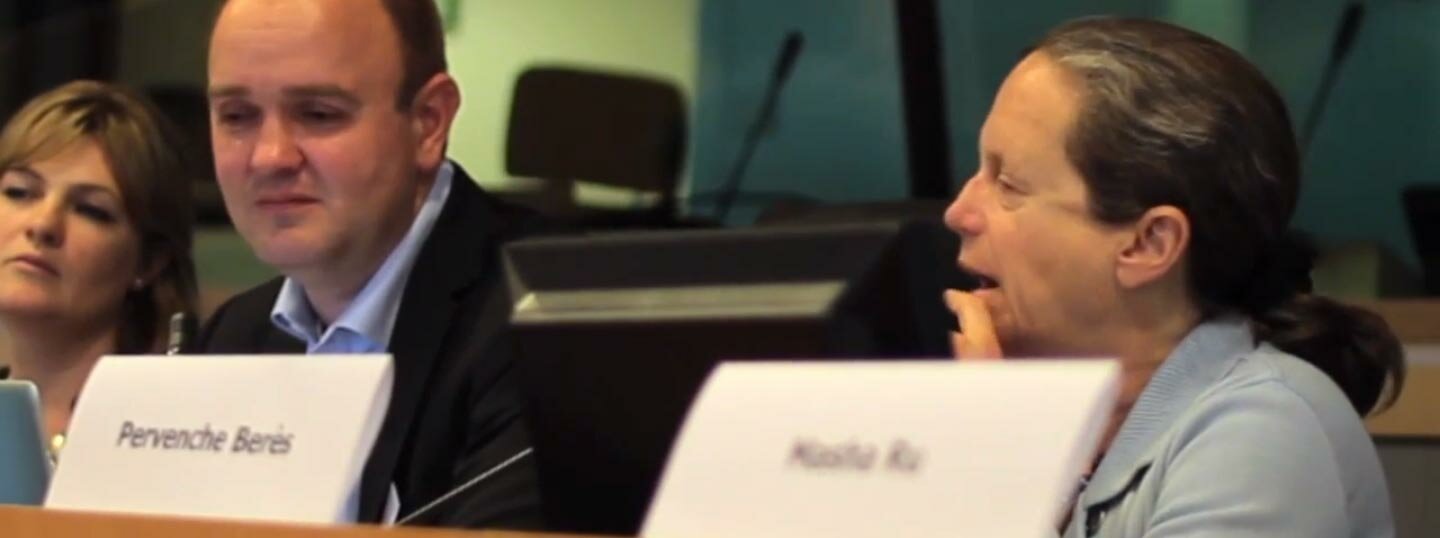
Basic information
- Begins:
- December 2010
- Ends:
- January 2014
- Coordinator
- Radboud University Nijmegen
- EU Contribution
- 2,447,645€
- Project Number
- SSH-CT-2010-266929
The effort to strengthen social cohesion and lower social inequalities is among Europe’s main policy challenges. It means that local welfare systems are at the forefront of the struggle to address this challenge – and they are far from winning. While the statistics show some positive signs, the overall picture still shows sharp and sometimes rising inequalities, a loss of social cohesion and failing policies of integration.
But, contrary to what is sometimes thought, a lack of bottom-up innovation is not the issue in itself. European cities are teeming with new ideas, initiated by citizens, professionals and policymakers. The problem is, rather, that innovations taking place in the city are not effectively disseminated because they are not sufficiently understood. Many innovations are not picked up, because their relevance is not recognised or they fail after they have been introduced, because they were not suitable to the different conditions in another city in another country.
The WILCO project looked into this missing link between innovations at the local level and their successful transfer and implementation to other settings. Innovation in cities was explored, not as a disconnected phenomenon, but as an element in a tradition of welfare that is part of particular socio-economic models and the result of specific national and local cultures. By contextualising innovations in local welfare, we gained understanding about how they could work in other cities, for the benefit of other citizens.
WILCO Press Releases
As part of its communication strategy, WILCO published three press releases offering additional background information on specific initiatives. For more information about press releases and media actions, .





